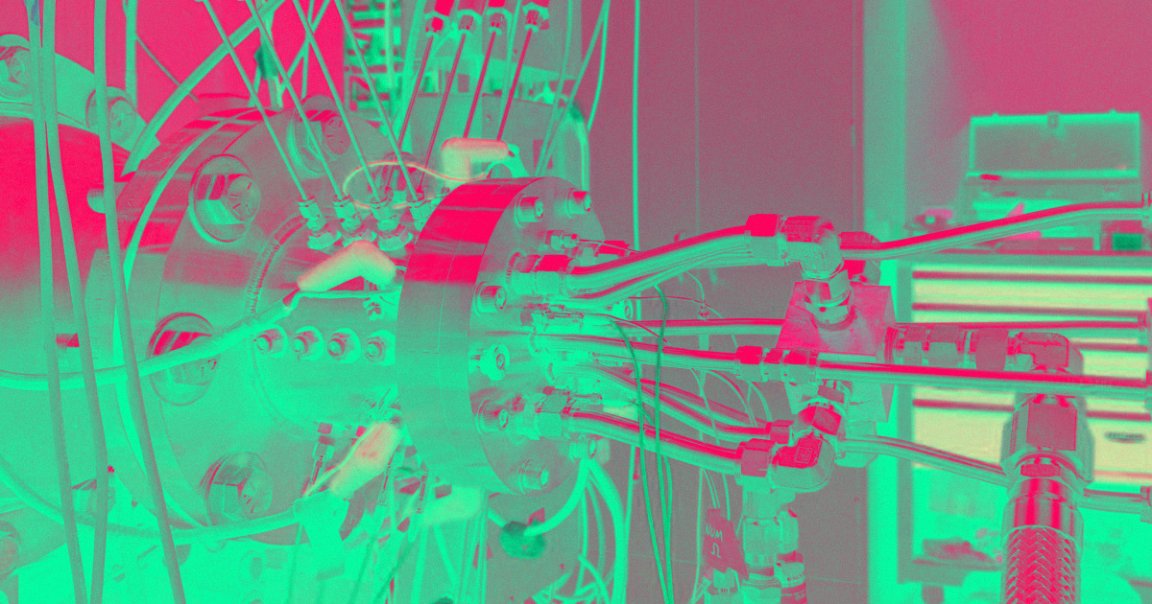
Exploding Rocket
Researchers at the University of Washington have dreamed up a new type of rocket they call a “rotating detonation engine” that they say could allow for the construction of far lighter and fuel-efficient spacecraft. The catch: it’s powered by literal explosions, which are difficult to control — for obvious reasons.
“A rotating detonation engine takes a different approach to how it combusts propellant,” James Koch, lead author of the paper published in the journal Physical Review E, explained in a statement. “It’s made of concentric cylinders. Propellant flows in the gap between the cylinders, and, after ignition, the rapid heat release forms a shock wave, a strong pulse of gas with significantly higher pressure and temperature that is moving faster than the speed of sound.”
Violent Detonations
Engineers have long suspected such a design could revolutionize the fuel efficiency of modern engines, but until now, there was one major problem.
“We have tons of data about these engines, but we don’t understand what is going on,” Koch admitted.

Working Model
But now that the team has identified the dominant physics behind the design, they’re planning to crunch the numbers and start building a working prototype.
“The combustion-driven shocks naturally compress the flow as they travel around the combustion chamber,” Koch said. “The downside of that is that these detonations have a mind of their own. Once you detonate something, it just goes. It’s so violent.”
READ MORE: Simple, fuel-efficient rocket engine could enable cheaper, lighter spacecraft [University of Washington]
More on rocket engines: Amazing New Rocket Engine Sucks up Atmospheric Oxygen for Fuel